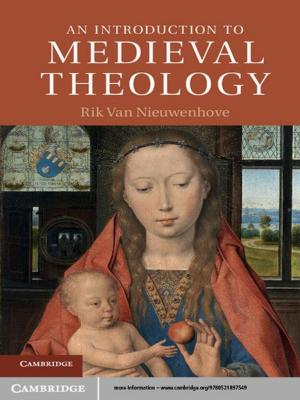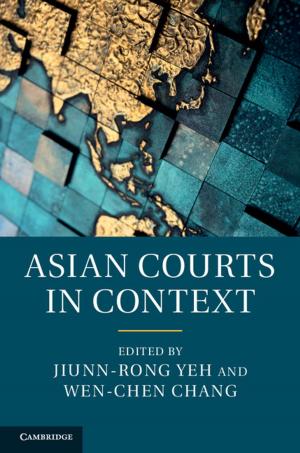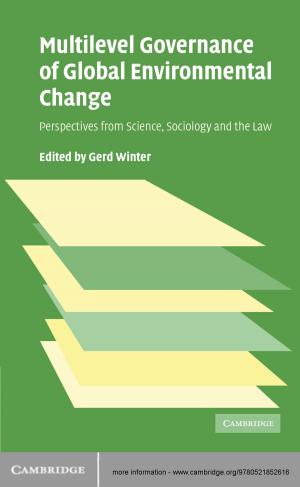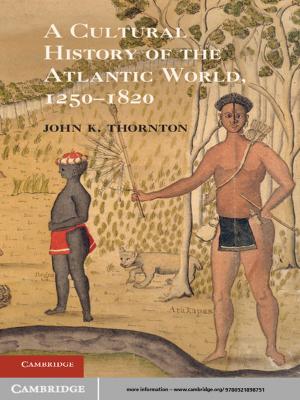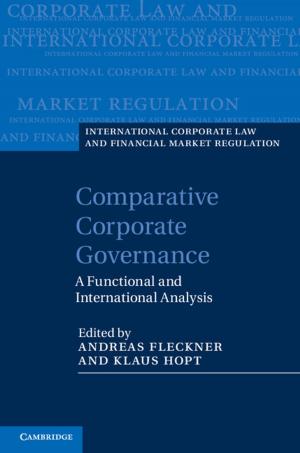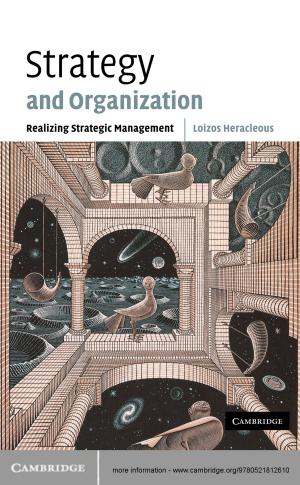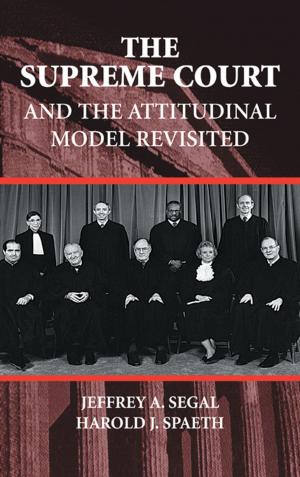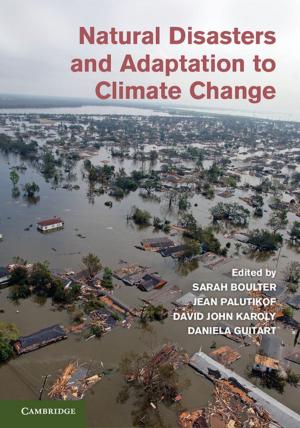Multilingual Youth Practices in Computer Mediated Communication
Nonfiction, Reference & Language, Language Arts, Linguistics, Social & Cultural Studies, Social Science| Author: | ISBN: | 9781108692427 | |
| Publisher: | Cambridge University Press | Publication: | September 30, 2018 |
| Imprint: | Cambridge University Press | Language: | English |
| Author: | |
| ISBN: | 9781108692427 |
| Publisher: | Cambridge University Press |
| Publication: | September 30, 2018 |
| Imprint: | Cambridge University Press |
| Language: | English |
With an eye to the playful, reflexive, self-conscious ways in which global youth engage with each other online, this volume analyzes user-generated data from these interactions to show how communication technologies and multilingual resources are deployed to project local as well as trans-local orientations. With examples from a range of multilingual settings, each author explores how youth exploit the creative, heteroglossic potential of their linguistic repertoires, from rudimentary attempts to engage with others in a second language to hybrid multilingual practices. Often, their linguistic, orthographic, and stylistic choices challenge linguistic purity and prescriptive correctness, yet, in other cases, their utterances constitute language policing, linking 'standardness' or 'correctness' to piety, trans-local affiliation, or national belonging. Written for advanced undergraduates, postgraduates and researchers in linguistics, applied linguistics, education and media and communication studies, this volume is a timely and readymade resource for researching online multilingualism with a range of methodologies and perspectives.
With an eye to the playful, reflexive, self-conscious ways in which global youth engage with each other online, this volume analyzes user-generated data from these interactions to show how communication technologies and multilingual resources are deployed to project local as well as trans-local orientations. With examples from a range of multilingual settings, each author explores how youth exploit the creative, heteroglossic potential of their linguistic repertoires, from rudimentary attempts to engage with others in a second language to hybrid multilingual practices. Often, their linguistic, orthographic, and stylistic choices challenge linguistic purity and prescriptive correctness, yet, in other cases, their utterances constitute language policing, linking 'standardness' or 'correctness' to piety, trans-local affiliation, or national belonging. Written for advanced undergraduates, postgraduates and researchers in linguistics, applied linguistics, education and media and communication studies, this volume is a timely and readymade resource for researching online multilingualism with a range of methodologies and perspectives.


